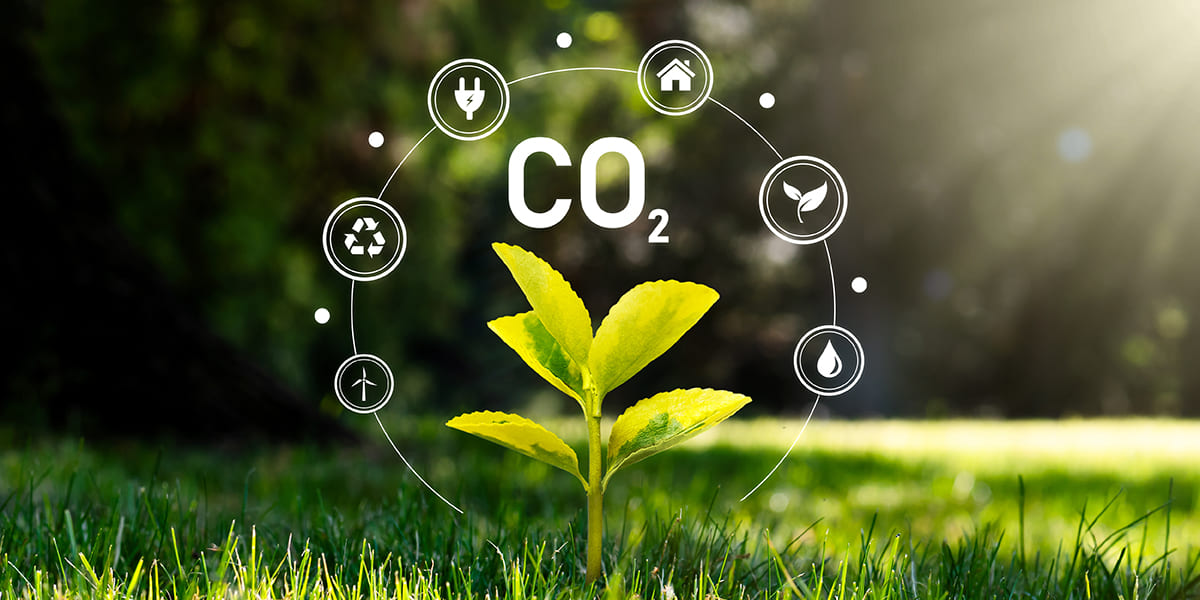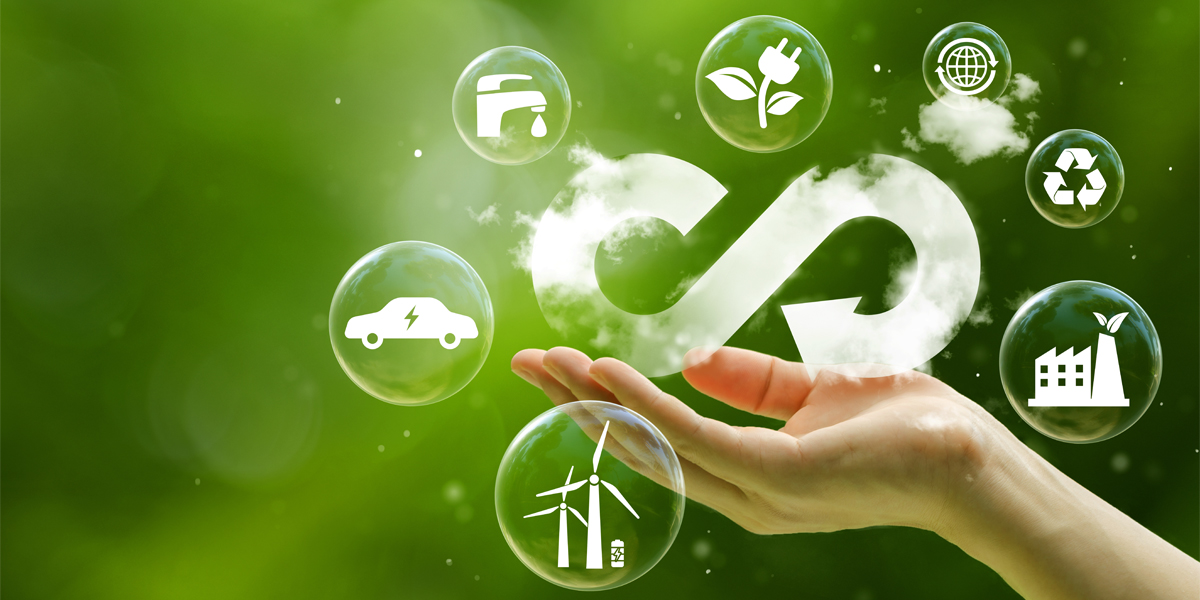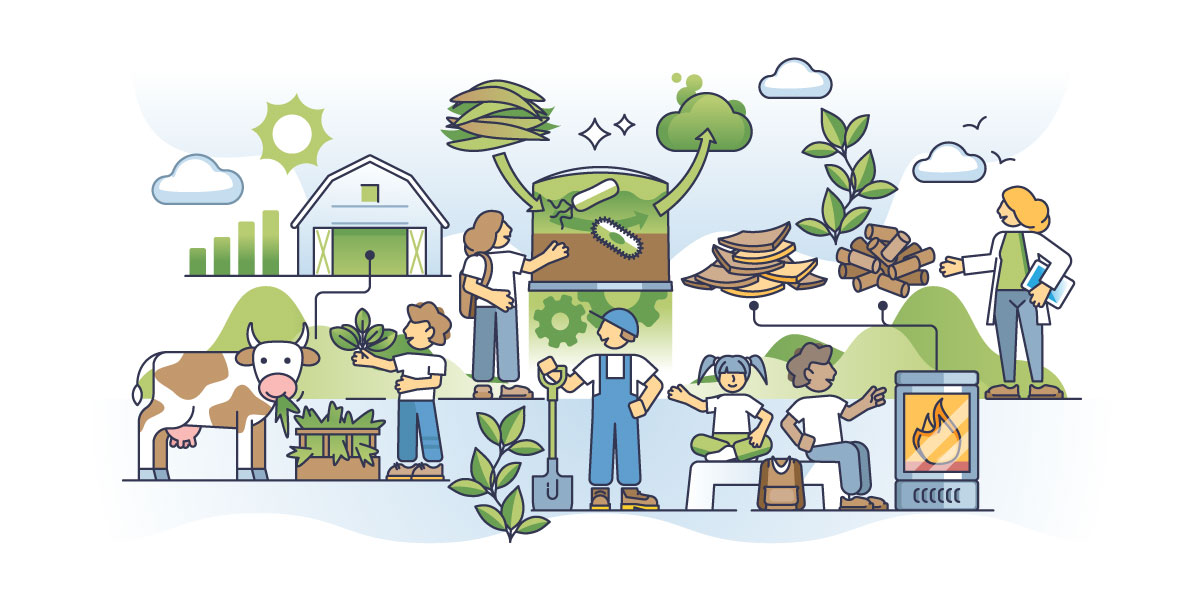ÇEREZ POLİTİKASI
İşbu Gizlilik Politikası’nın amacı, Borusan Makina ve Güç Sistemleri Sanayi ve Ticaret Anonim Şirketi (“Şirket” veya “Şirketimiz”) tarafından, "www.thebclog.com" internet sitesinin (“Site”) kullanımı sırasında Site kullanıcıları/ziyaretçileri (“Veri Sahibi”) tarafından Şirketimiz ile paylaşılan veya Veri Sahibi’nin, Site’yi kullanımı sırasında Şirketimizin ürettiği kişisel verilerin kullanımına ilişkin koşul ve şartları tespit etmektir.
Amaçlar ve Gizliliğe İlişkin Genel Kurallar
Şirketimiz, Veri Sahibi tarafından sağlanan kişisel verileri, üyelik kayıtlarının oluşturulması, müşterilerle veya potansiyel müşterilerle sözleşme süreçlerinin oluşturulabilmesi, sözleşmelerin ifa edilebilmesi, müşteri veya potansiyel müşteriler tarafından talep edilen bilgilendirmelerin gerçekleştirilmesi ve taleplerin karşılanması, taahhüt edilen hizmetlerin sağlanması, müşteri memnuniyetinin tespiti ve sağlanması, Şirketimiz tarafından sunulan hizmetlerin iyileştirilmesi ve geliştirilmesi, bu kapsamda Veri Sahibi’ne gerekli bilgilendirilmelerin yapılması ve sunduğu hizmetlerin doğasından kaynaklanan yükümlülüklerin yerine getirilmesi, satış ve satış sonrası destek faaliyetlerinin yerine getirilebilmesi, iş ve operasyonların sürdürülmesi, Şirket faaliyetlerinin ve prosedürlerinin yürütülebilmesi, finansal değerlendirme ve analizlerin yapılabilmesi, risk yönetiminin yapılması, iş sürekliliğinin sağlanması, sözleşme süreçlerinin veya hukuki taleplerin takibi, finans veya muhasebe işlerinin yürütülmesi, bilgi güvenliği süreçlerinin planlanması, iş ortakları, bayiler veya tedarikçilerle yürütülen işlerin planlanması ve takibi, ürün ve hizmetlerin satış, pazarlaması ve tanıtımı süreçleri ile pazar araştırması, beğeni kullanım ve hizmet anlayışının tespiti ve özelleştirilmesi faaliyetlerinin yürütülmesi, Şirketimizin ve Şirketimizle iş ilişkisi içerisinde olan kişilerin hukuki ve ticari güvenliğinin temini gibi amaçlarla işleyebilir.
Söz konusu kişisel bilgiler Veri Sahibi ile temas kurmak veya Veri Sahibi’nin Site’deki tecrübesini iyileştirmek (mevcut hizmetlerin geliştirilmesi, yeni hizmetler oluşturulması ve kişiye özel hizmetler sunulması gibi) amacıyla kullanılabileceği gibi, Şirket raporlama ve iş geliştirme faaliyetleri kapsamında da kullanılabilecek, Veri Sahibi’nin kimliği ifşa edilmeden veya edilerek çeşitli istatistiksel değerlendirmeler yapma, veri tabanı oluşturma ve pazar araştırmalarında bulunma amacıyla da işlenebilecektir. Söz konusu bilgiler Şirketimiz ve yurt içindeki veya yurt dışındaki iş birliğinde olduğu üçüncü kişiler tarafından yine yukarıdaki amaçlarla işlenebilecek, saklanabilecek, yurt içindeki veya yurt dışındaki üçüncü kişilere iletilebilecek ve söz konusu bilgiler üzerinden çeşitli uygulama, ürün ve hizmetlerin tanıtımı, bakım ve destek faaliyetlerine ilişkin bildirimlerde bulunma amacıyla mevzuatta aranan diğer şartların da sağlanması halinde Veri Sahibi ile iletişime geçilebilecektir.
Şirket, Kişisel Verilerin Korunması Kanunu’nun 5 ve 8. maddeleri uyarınca ve/veya ilgili mevzuattaki istisnaların varlığı halinde kişisel verileri Veri Sahibi’nin ayrıca rızasının varlığı aranmaksızın işleyebilecek ve üçüncü kişilerle paylaşabilecektir. Bu durumların başlıca olanları aşağıda belirtilmiştir:
- Kanunlarda açıkça öngörülmesi,
- Fiili imkânsızlık nedeniyle rızasını açıklayamayacak durumda bulunan veya rızasına hukuki geçerlilik tanınmayan kişinin kendisinin ya da bir başkasının hayatı veya beden bütünlüğünün korunması için zorunlu olması,
- Veri Sahibi ile Şirket arasında herhangi bir sözleşmenin kurulması veya ifasıyla doğrudan doğruya ilgili olması kaydıyla, kişisel verilerin işlenmesinin gerekli olması,
- Hukuki yükümlülüklerin yerine getirebilmesi için zorunlu olması,
- Veri Sahibi’nin kendisi tarafından alenileştirilmiş olması,
- Bir hakkın tesisi, kullanılması veya korunması için veri işlemenin zorunlu olması,
- Veri Sahibi’nin temel hak ve özgürlüklerine zarar vermemek kaydıyla, Şirket’in meşru menfaatleri için veri işlenmesinin zorunlu olması.
Şirket, çerez (Cookie) kullanabilecek ve bu kapsamda veri işleyerek üçüncü kişiler tarafından sunulan analiz hizmetleri kapsamında işlenmesi amacıyla sadece bu analiz hizmetlerinin gerektirdiği ölçüde kullanılması amacıyla üçüncü kişilere iletebilecektir. Çerezlerin kullanımına ilişkin detaylı bilgiye Çerez Politikası’ndan ulaşılabilir.
Şirketimiz, Veri Sahibi’ne ait kişisel verileri ve bu kişisel verileri kullanılarak elde ettiği yeni verileri, Veri Sahibi’ne karşı taahhüt ettiği edimlerin ifası amacıyla yurt içindeki ve yurt dışındaki iş ortaklarıyla, tedarikçilerle, bayilerle, üreticilerileriyle, dijital ajanslarla, çağrı merkezi hizmet sunucularıyla ve sair iş ortaklarıyla, diğer Borusan Topluluğu grup şirketleriyle Şirket’in hizmetlerinden faydalandığı üçüncü kişilerle, yetkili kamu kurumları ve özel kişilerle, söz konusu hizmetlerin temin edilmesine ilişkin amaçlar ile sınırlı olmak ve hukuka uygun yöntemlerle paylaşabilecektir.
Şirketimiz, Veri Sahibi deneyiminin geliştirilmesi (iyileştirme ve kişiselleştirme dâhil), Veri Sahibi’nin güvenliğini sağlamak, hileli ya da izinsiz kullanımları tespit etmek, operasyonel değerlendirme araştırılması, Site veya Şirket hizmetlerine ilişkin hataların giderilmesi ve işbu Gizlilik Politikası’nda yer alan amaçlardan herhangi birisini gerçekleştirebilmek için SMS gönderimi ve mailing yapanlar da dahil olmak üzere dış kaynak hizmet sağlayıcıları, barındırma hizmet sağlayıcıları (hosting servisleri), hukuk büroları, araştırma şirketleri, çağrı merkezleri gibi üçüncü kişilerden destek alabilmektedir.
Veri Sahibi, yukarıda belirtilen amaçlar kapsamında bahsi geçen üçüncü tarafların Veri Sahibi’nin kişisel verilerini yurtiçinde veya yurtdışındaki sunucularda saklayabilir.
Verilere Erişim Hakkı ve Düzeltme Talepleri Hakkında
Veri Sahibi, Şirket’e başvurarak kendisiyle ilgili;
- Kişisel veri işlenip işlenmediğini öğrenme,
- Kişisel verileri işlenmişse buna ilişkin bilgi talep etme,
- Kişisel verilerin işlenme amacını ve bunların amacına uygun kullanılıp kullanılmadığını öğrenme,
- Yurt içinde veya yurt dışında kişisel verilerin aktarıldığı üçüncü kişileri bilme,
- Kişisel verilerin eksik veya yanlış işlenmiş olması halinde bunların düzeltilmesini isteme,
- İlgili mevzuatta öngörülen şartlar çerçevesinde kişisel verilerin silinmesini veya yok edilmesini isteme,
- İlgili mevzuat uyarınca yapılan düzeltme, silme ve yok edilme işlemlerinin, kişisel verilerin aktarıldığı üçüncü kişilere bildirilmesini isteme,
- İşlenen verilerin münhasıran otomatik sistemler vasıtasıyla analiz edilmesi suretiyle kişinin kendisi aleyhine bir sonucun ortaya çıkmasına itiraz etme,
- Kişisel verilerin kanuna aykırı olarak işlenmesi sebebiyle zarara uğraması halinde zararın giderilmesini talep etme,
haklarına sahiptir.
Veri Sahibi, yukarıda belirtilen taleplerini info-cat@borusan.com adresi vasıtasıyla tarafımıza yazılı olarak iletebilecektir. Şirketimiz, yukarıda yer alan talepler uyarınca, gerekçeli olumlu/olumsuz yanıtını, yazılı veya dijital ortamdan gerçekleştirebilir. Taleplere ilişkin gerekli işlemler için ücret alınmaması esastır. Bununla birlikte, işlemlerin bir maliyet gerektirmesi halinde, Kişisel Verilerin Korunması Kurulu tarafından, Kişisel Verilerin korunması Kanunu’nun 13. maddesine göre belirlenen tarife üzerinden ücret talep edilmesi mümkündür.
Veri Sahibi, işbu Gizlilik Politikası’na konu bilgilerinin tam, doğru ve güncel olduğunu, bu bilgilerde herhangi bir değişiklik olması halinde bunları derhal güncelleyeceğini taahhüt eder. Veri Sahibi’nın güncel bilgileri sağlamamış olması halinde Şirket’in herhangi bir sorumluluğu olmayacaktır.
Veri Sahibi, herhangi bir kişisel verisinin Şirketimiz tarafından kullanılamaması ile sonuçlanacak bir talepte bulunması halinde Site’den ve/veya Site’deki hizmetlerden tam olarak faydalanamayabileceğini kabul ile bu kapsamda doğacak her türlü sorumluluğun kendisine ait olacağını beyan eder.
Kişisel Verilerin Saklama Süresi
Şirketimiz, Veri Sahibi tarafından sağlanan kişisel verileri, sunduğu hizmetlerin mahiyetinden kaynaklanan yükümlülüklerin yerine getirilmesi amacıyla, hizmetlerin sağlandığı süre boyunca saklayacaktır.
Buna ek olarak, Şirketimiz, Veri Sahibi ile arasında doğabilecek herhangi bir uyuşmazlık durumunda, uyuşmazlık kapsamında gerekli savunmaların gerçekleştirilebilmesi amacıyla sınırlı olmak üzere ve ilgili mevzuat uyarınca belirlenen zamanaşımı süreleri veya saklama yükümlülükleri boyunca kişisel verileri saklayabilecektir.
Veri Güvenliğine İlişkin Önlemler ve Taahhütler
Şirketimiz, ilgili mevzuatta belirlenen veya işbu Gizlilik Politikası’nda ifade edilen şartlarda,
- Kişisel verilerin hukuka aykırı olarak işlenmemesini,
- Kişisel verilere hukuka aykırı olarak erişilmemesini ve
- Kişisel verilerin muhafazasını
sağlamak amacıyla uygun güvenlik düzeyini temin etmeye yönelik gerekli teknik ve idari tedbirleri almayı, gerekli denetimleri yaptırmayı taahhüt eder.
Site üzerinden başka internet siteleri veya uygulamalara link verilmesi halinde, Şirketimiz uygulamaların gizlilik politikaları ve içeriklerine yönelik herhangi bir sorumluluk taşımamaktadır.
Şirketimiz, işbu Gizlilik Politikası hükümlerini dilediği zaman değiştirebilir. Güncel Gizlilik Politikası, Veri Sahibi’ne herhangi bir yöntemle sunulduğu tarihte yürürlük kazanır.







TheBClog consists of rich content prepared by all Borusan Cat members on topics such as sustainability, productivity, future, technology, and the business world. The stories of success shared by the Borusan Cat members meet with the world at TheBClog in Turkish, English and Russian.